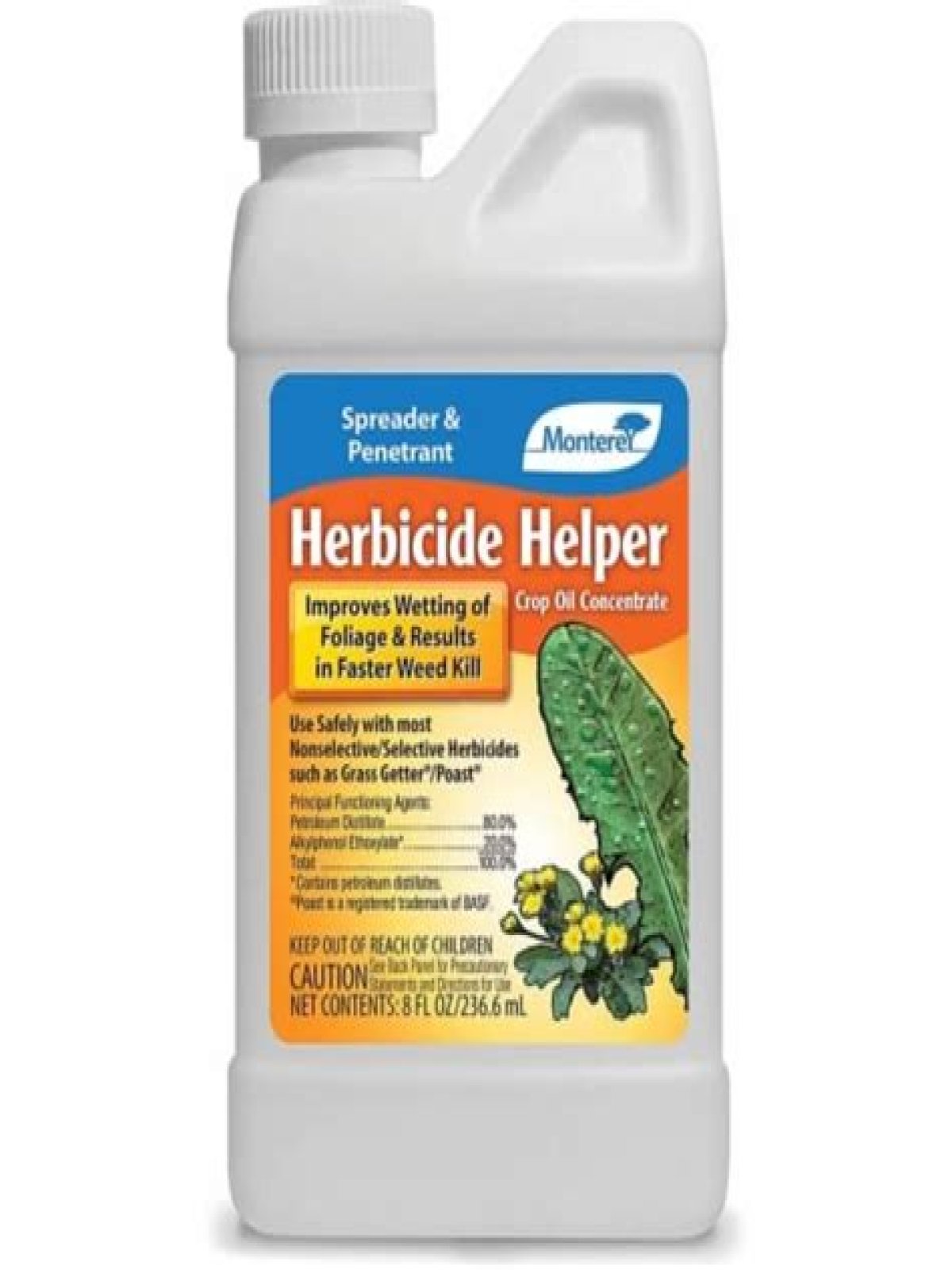Should I use a surfactant with weed killer?
When should I use a surfactant? First, it should be noted that surfactants are not designed to be used alone—they must be used in combination with other liquid products like fungicides, fertilizers, insecticides or most frequently, with herbicides for weed control.
What can I use as a surfactant for weed killer?
Using a surfactant will dramatically increase the effectiveness of herbicides, insecticides, and many other garden chemicals. In an attempt to save money, some people will use a liquid dish-washing detergent in place of a commercially manufactured surfactant.
Why are surfactants added to herbicide?
Surfactants are used with herbicide or pesticide solutions in order to reduce the surface tension of the water it is applied with. Essentially you end up with a substance that has made water wetter! Instead of the solution simply beading up and dispersing away, it spreads across the surface of the target material.
What to add to weed killer to make it stick?
Adding just a dash of surfactant can increase the effectiveness of all your herbicide applications. A surfactant, a combination of the words “surface active agent,” is an organic compound that is soluble in chemical solutions or water and allows mixtures to blend, adhere and work better.
Can a surfactant be used as a weed killer?
The longer they remain, the more destructive they can be. It seems that the only solution is to simply reapply more herbicide, but an easier, safer, cheaper fix is available: adding a surfactant to the mix. Weeds are always tough to eliminate but there is a bit of science involved to weed killing.
Can you use surfactant as a wetting agent?
Surfactant for Herbicides is a wetting agent with 80% non-ionic surfactant for increasing the penetration, coverage and overall effectiveness of almost any herbicide. Surfactant for herbicides can be used with almost all herbicide sprays including Trimec, Atrazine, Brush Killer and 2, 4-D Amine.
When to use a surfactant on your lawn?
When you choose to treat your lawn weeds with a surfactant, you should: 1 Identify the type of weed your are experiencing, 2 Purchase a selective herbicide that is labeled to treat the weed you want to control without harming your lawn and 3 Purchase a surfactant that works in combination with the herbicide you decided to use.
Why do you use dish soap with weed killer?
Surfactants are compounds that lower the surface tension of a liquid. Surfactants may act as detergents, wetting agents, emulsifiers, foaming agents, and dispersants. The lowering of the interfacial tension between two liquids can increase the effectiveness of your weed killer up to 3x’s.
What do you need to know about surfactant in weed killers?
Please check the herbicide product label first to see if a surfactant is recommended. Surfactants reduce the surface tension of water to produce more uniform coverage and penetration of herbicides and weed killers.
Is it safe to add surfactants to herbicides?
Adding a surfactant to your herbicide regimen is nearly risk-free. It will help boost the effectiveness of your herbicides to ensure the product kills your weeds quickly and completely. Surfactants are safe when used as directed and have a low toxicity to other plants and animals.
What kind of weed killer do you use?
Non Selective Herbicides: Weed killers that are made to kill a broad spectrum of weeds all at once. There are other commercial grade weed control products that you can use in conjunction with the above types of herbicides, called surfactants.
Surfactant for Herbicides is a wetting agent with 80% non-ionic surfactant for increasing the penetration, coverage and overall effectiveness of almost any herbicide. Surfactant for herbicides can be used with almost all herbicide sprays including Trimec, Atrazine, Brush Killer and 2, 4-D Amine.
